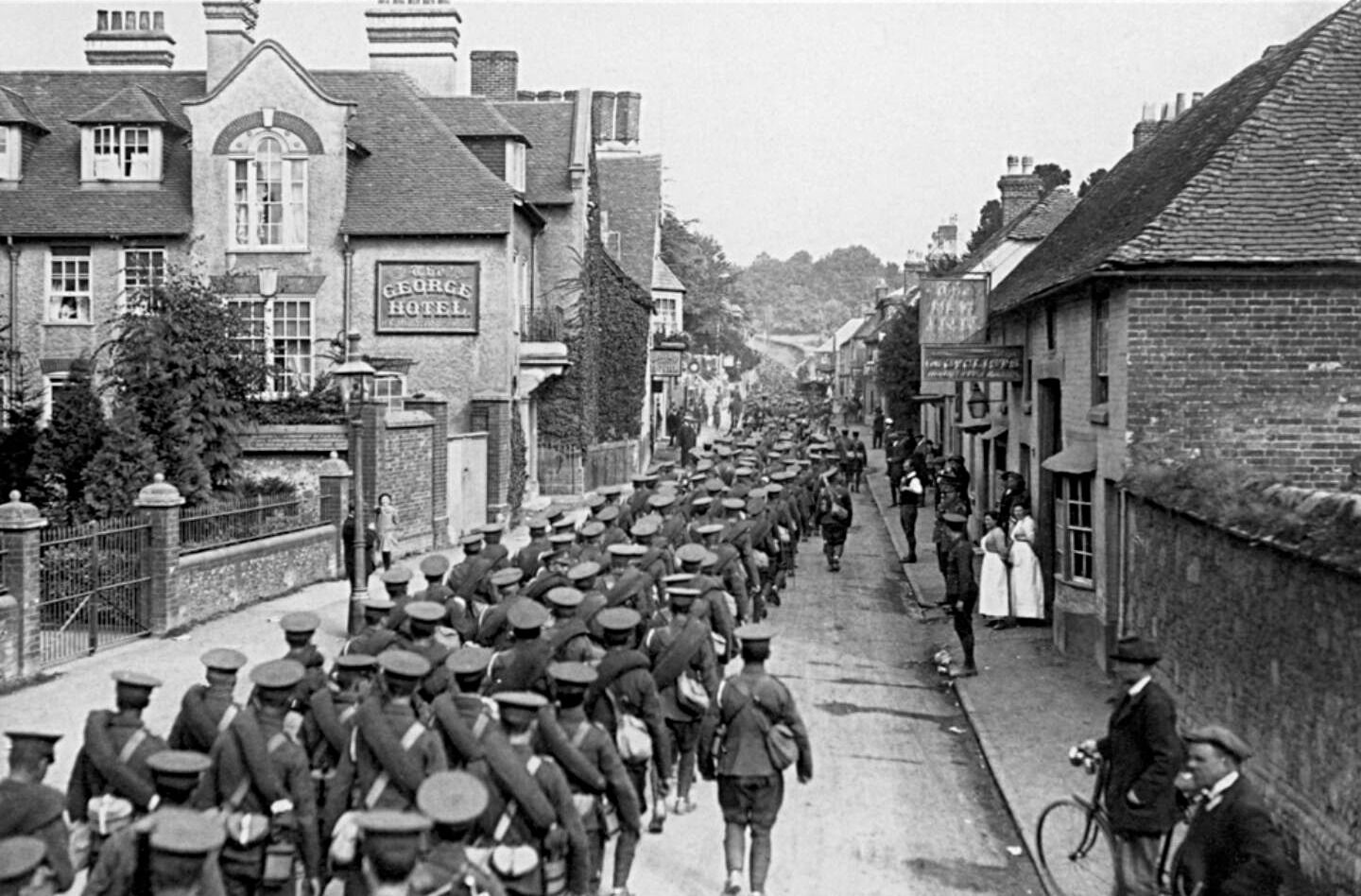Bridget Grace Marian Ledger Hill 1914 - 1942
- Dec 6, 2023
- 2 min read

Bridget was born on 7 May 1914, in Camberley, Surrey; her father was Major-General Walter Pitts Hendy Hill, and the family moved to West Amesbury House, Amesbury.
She earned her Royal Aero Club Certificate in a Gypsy Moth in 1939 at the Wiltshire Flying Club. Within a fortnight of war being declared, she wrote to Marion Wilberforce, a cofounder of the Air Transport Auxiliary: "I am writing to know if you have any sort of flying job to offer me. I had almost completed my instructor's course, during which I did some blind flying - this was interrupted by the outbreak of war.”
The reply was disappointing: "I regret to inform you that we are not considering employing lady pilots in the ATA. We are filing your letter, however, and if the position should change in the future, we will contact you."
In December of 1940, she wrote to Pauline Gower, the head of the newly-created women's section of the ATA again; "There has been so much in the newspapers of the expansion of the ATA that I have decided to risk bothering you again by writing to know if there is any hope for me."
Most people would have given up by now, but Bridget was made of sterner stuff. She took a job driving a mobile canteen, but here she is again, on the 10 Mar 1941: "I am answering the appeal made on the wireless this evening by Lord Londonderry to members of the Civil Air Guard and holders of 'A' licences... I hope there is some chance of my being able to be of service."
Finally, the call came, and after four months at Hatfield, she was posted to Hamble, then Training Pool. Her flying instructions went well. "She is shaping very well indeed—an intelligent, hard-working pilot.
Expected to do well."
She completed 23 hours on Tiger Moth and 4 hours 45 minutes on Magister. She was seconded to No 15 Ferry Pool (Hamble) on January 19, 1942, and made 75 ferry flights, totalling 129.35 hours, in the following few weeks.
Sadly, however, she was killed at 12.20 pm on 15 Mar 1942 when flying as a passenger in a Fairchild Argus HM178, which stalled and crashed onto a bungalow when returning to land at White Waltham after bad weather.
After Bridget's burial in Britford (St Peter) Cemetery, a family member wrote to Miss Gower: "I must write and tell you once again how happy in, and proud of, her Corps Bridget was. It was all one great adventure for her, and her purpose in life was to make it a success... it was a wonderful life, and she was so supremely happy."





